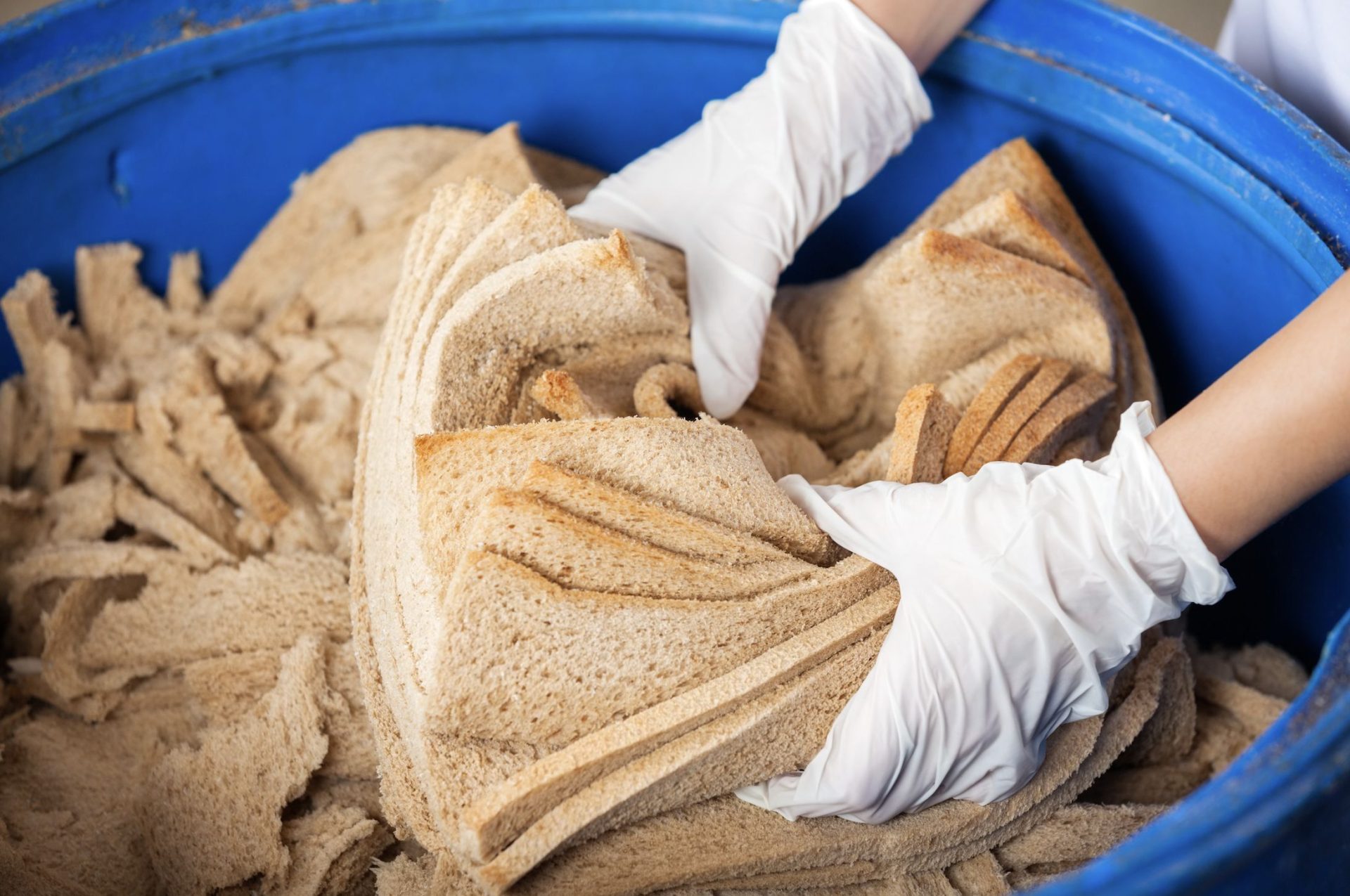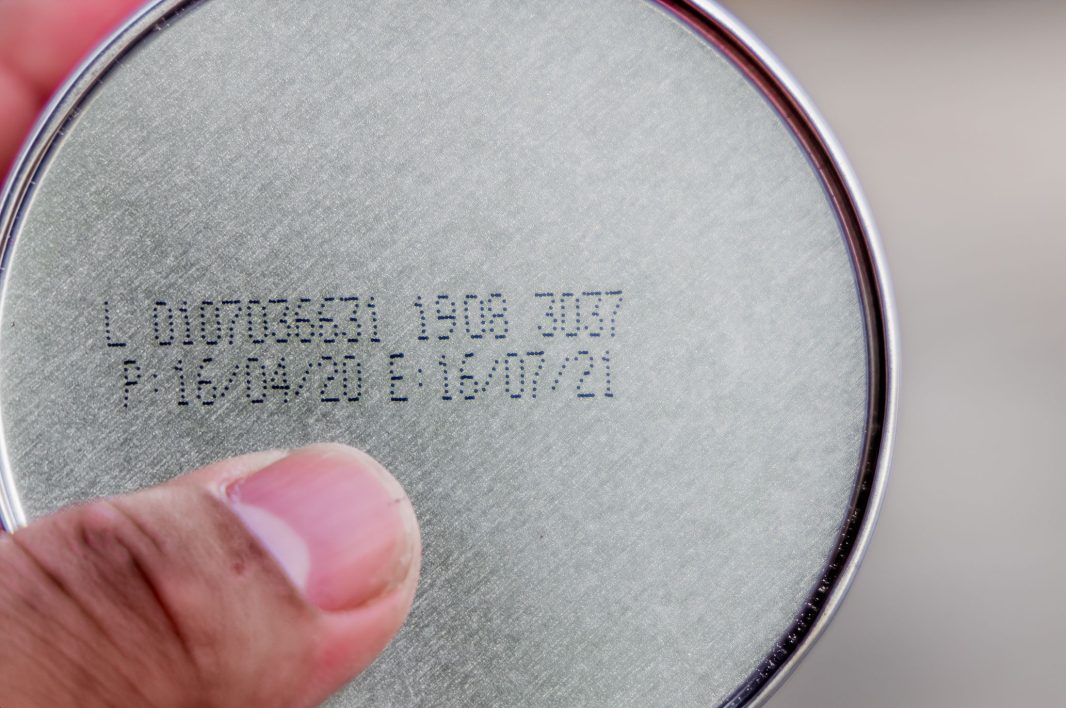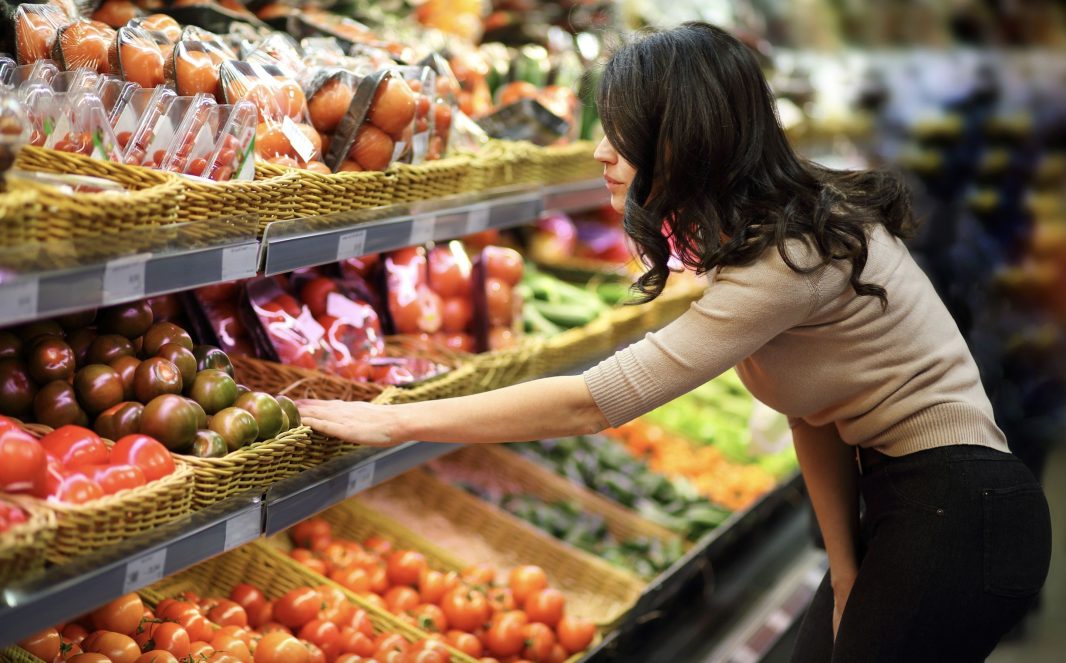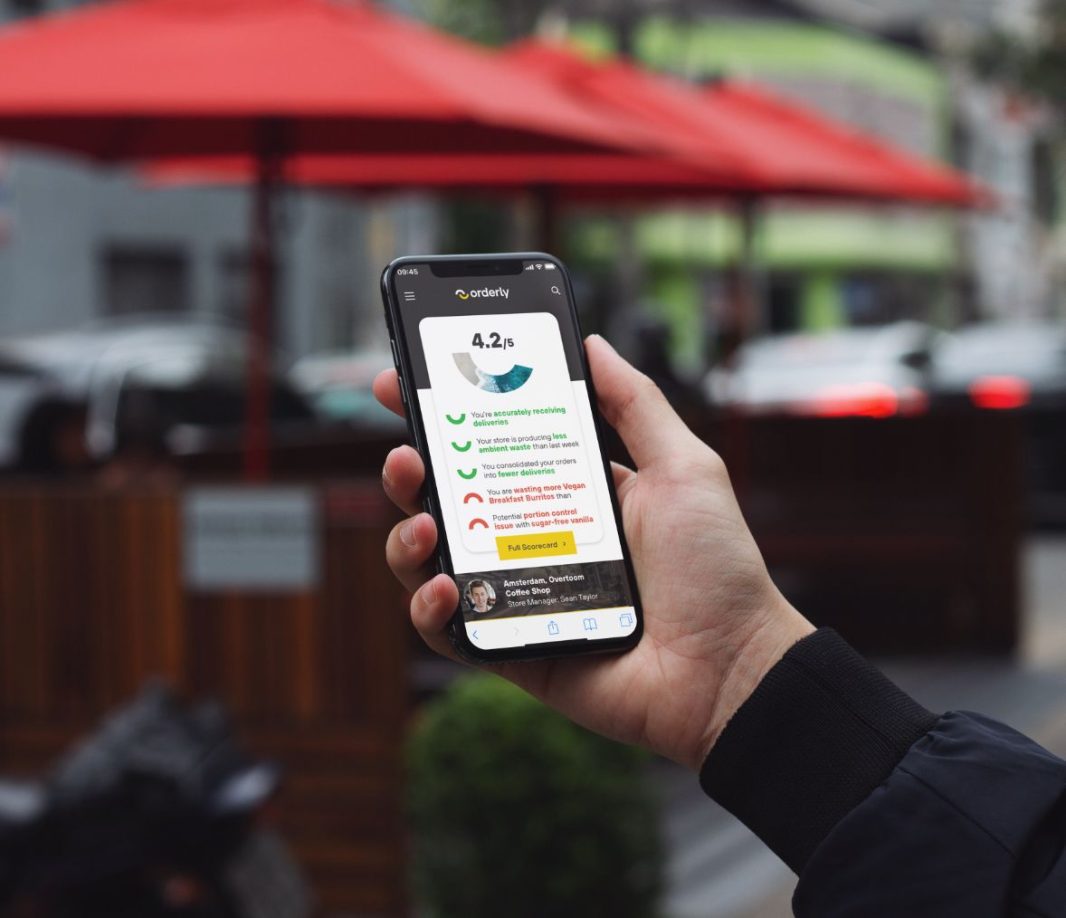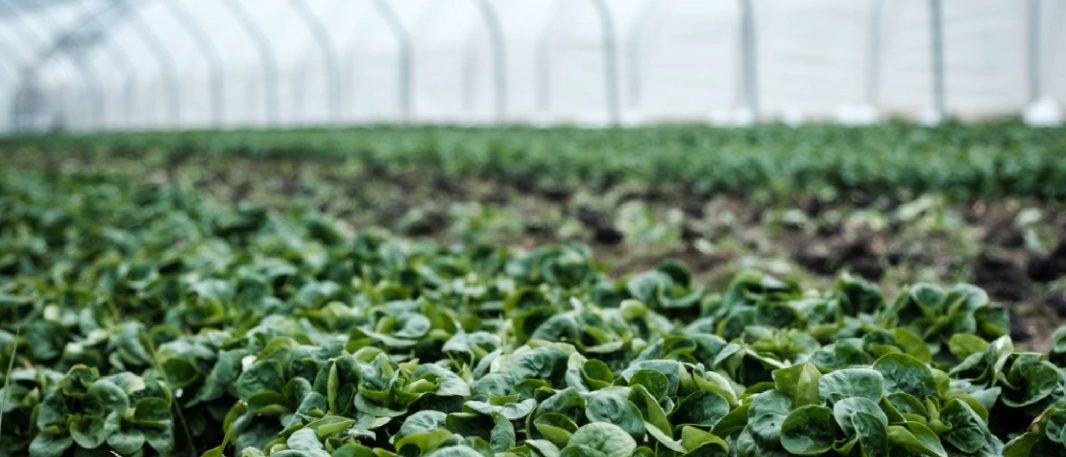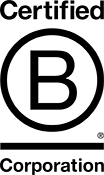What are you doing in 2030? We know we’ll be keenly awaiting the results of the WRAP Food Waste Reduction Roadmap. Already in place, this is showing how the UK food industry will help achieve the UK’s Courtauld 2025 targets, and the UN’s Sustainable Development Goal 12.3 to halve food waste by 2030. If you’ve wondered what the plan was for tackling food waste, here’s where we stand.
At present, the UK is being called a ‘global leader in tackling food waste’, with total food waste levels already falling by 480,000 tonnes between 2015 and 2018. While consumer campaigns have had an impact, much of the changes have been down to some serious government pledging, with goals to reduce food waste by 20% by 2025. While UK households still waste 4.5 million tonnes of food, it is large businesses that are now being asked to set a food waste reduction target for their own UK operations. This means adopting (the very catchily named) SDG 12.3 target to reduce food waste across their own UK operations by 50% by 2030.
Businesses called to report and reduce waste
From now on, if you have over 250 employees and are in the areas of production and manufacture, hospitality, food service or retail, annual data submission is going to be on your mind. It means that these companies must report on progress towards your target. This is a target that looks backwards to show relative change year on year – so getting serious about data management.
This is all held in a data capture sheet, and businesses can report on The Food Waste Atlas (known as ‘Atlas’). With over 5,000 users from over 100 countries, this has the potential to draw rich insights. You can access it yourself at https://thefoodwasteatlas.org/ and see each company’s current scores on the doors.
Is this all mandatory?
Simply, no. In 2020 the government’s ‘25 Year Environment Plan Progress Report’ (at a substantial 63 pages) it was stated that their future plan was to ‘consult on introducing regulations to make reporting of food surplus and food waste mandatory for businesses of an appropriate size. ‘
At present, it is just larger businesses, and this is not mandatory. However, the government needs to do something with urgency.
Looking back, a private members bill titled ‘The Food Waste (Reduction) Bill 2015-16‘, would have required large supermarkets, manufacturers and distributors to reduce their food waste by no less than 30% by 2025 and enter into formal agreements with food redistribution organisations. It would require large supermarkets and food manufacturers to disclose levels of food waste in their supply chain, however, the proposed legislation was not taken forward by the UK parliament.
This new ongoing plan is instead being run through The Courtauld Commitment 2025, a bold voluntary agreement involving organisations along the agri-food supply chain from producer to consumer.
While making food waste measurement/reporting mandatory for all large food businesses, on an individual company basis have potential, reporting to WRAP is optional. However, WRAP will also carry out additional research necessary to assess progress (for example measurement of household food waste, a retailer survey to monitor changes to products, packaging and labelling, and looking at national datasets such as those from the Environment Agency).
The signs are bright, with 54 UK Tesco suppliers sharing food waste data publicly, including a number overseas. Sainsbury’s and Waitrose have become the first retailers to begin new Whole Chain Projects under the Roadmap guidance, and Burger King UK, McDonald’s UK and Pret a Manger also joining, giants of food service.
In official documents from WRAP, the stats are as follows at the time of writing:
- Retailers – 16 committed & 16 implementing
- Hospitality and Food Service businesses – 39 committed & 26 implementing
- SME Businesses- 24 committed 13 implemented
Making changes in advance of legislation
WRAP state in Halving Food Loss and Waste in the EU:
“A food waste measurement is one of the most impactful actions to reduce (food waste). Once it has been measured, a case for change can be created, and the reasons…can be understood and prioritised for intervention. Measurement also allows for the tracking of progress and the evaluation of other interventions.”
This could apply just as easily to you, the reader, when you analyse your fridge contents on a Sunday, or to a business that isn’t signed up to WRAP’s initiative.
After all, in the USA, 37% of food waste happens at the US household level and in the UK that stands at 4.5 million tonnes of food. Everyone must change their behaviours, regardless of company size, role, or location.
That’s where Orderly can help
If you want to make that first commitment to reducing sustainability and decreasing food waste (increasing profit as you do so) before you are required to, we have the tools for you.
Our solutions drive sustainability and profitability by encouraging responsible action in the supply chain. Proven to power large-scale supply-chain operations for global brands, Orderly delivers sustainable economic value.
Our inventory management for multi-unit food and beverage operators is proven to decrease waste and increase efficiency, utilising the award-winning, AI-powered Orderly Score using AI-generated recommendations.
With each person in your supply chain making the suggested weekly, incremental improvements we can drive exponential value over time. – saving waste, money and conserving precious resources.
Why not get in touch today?

